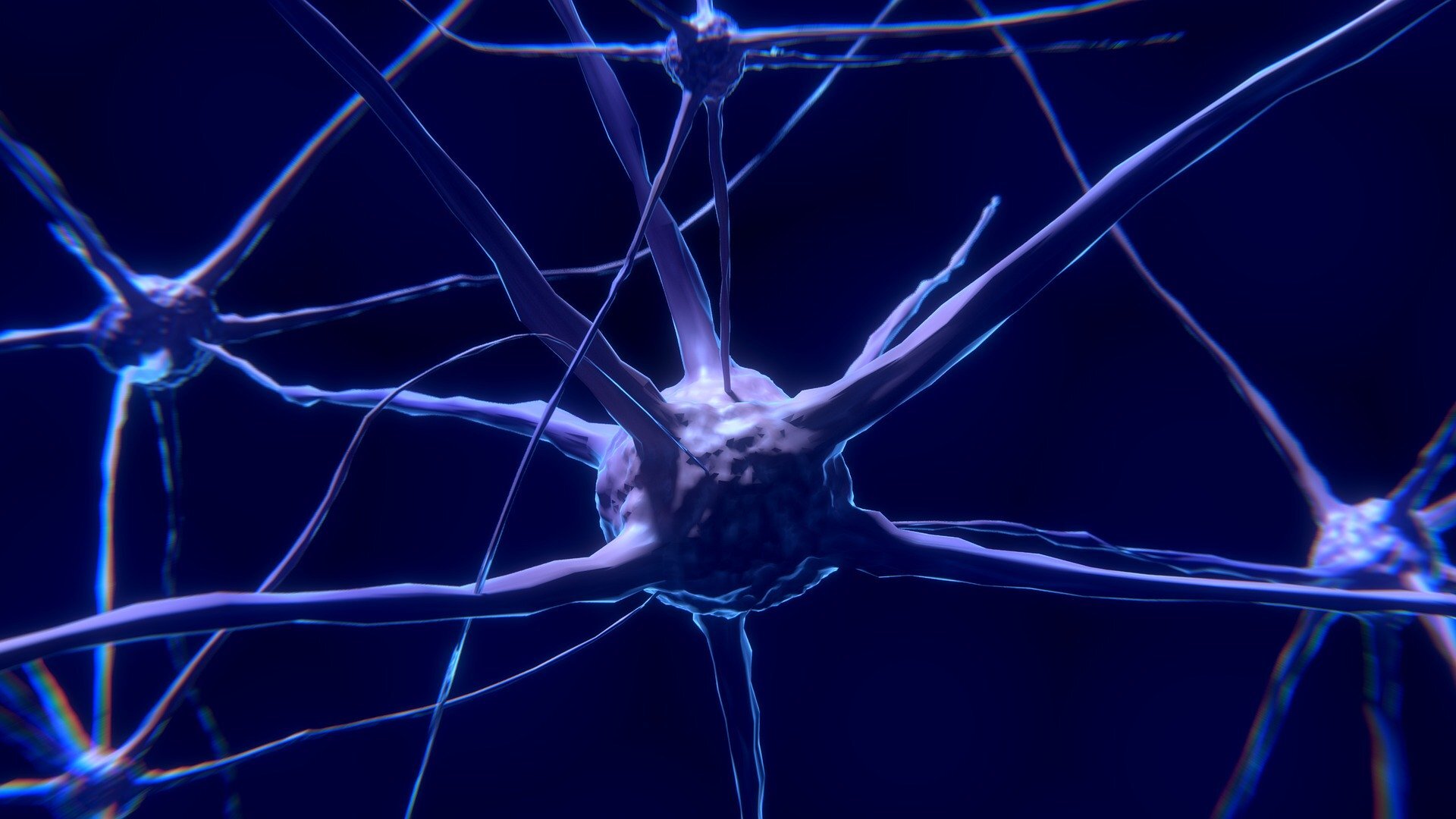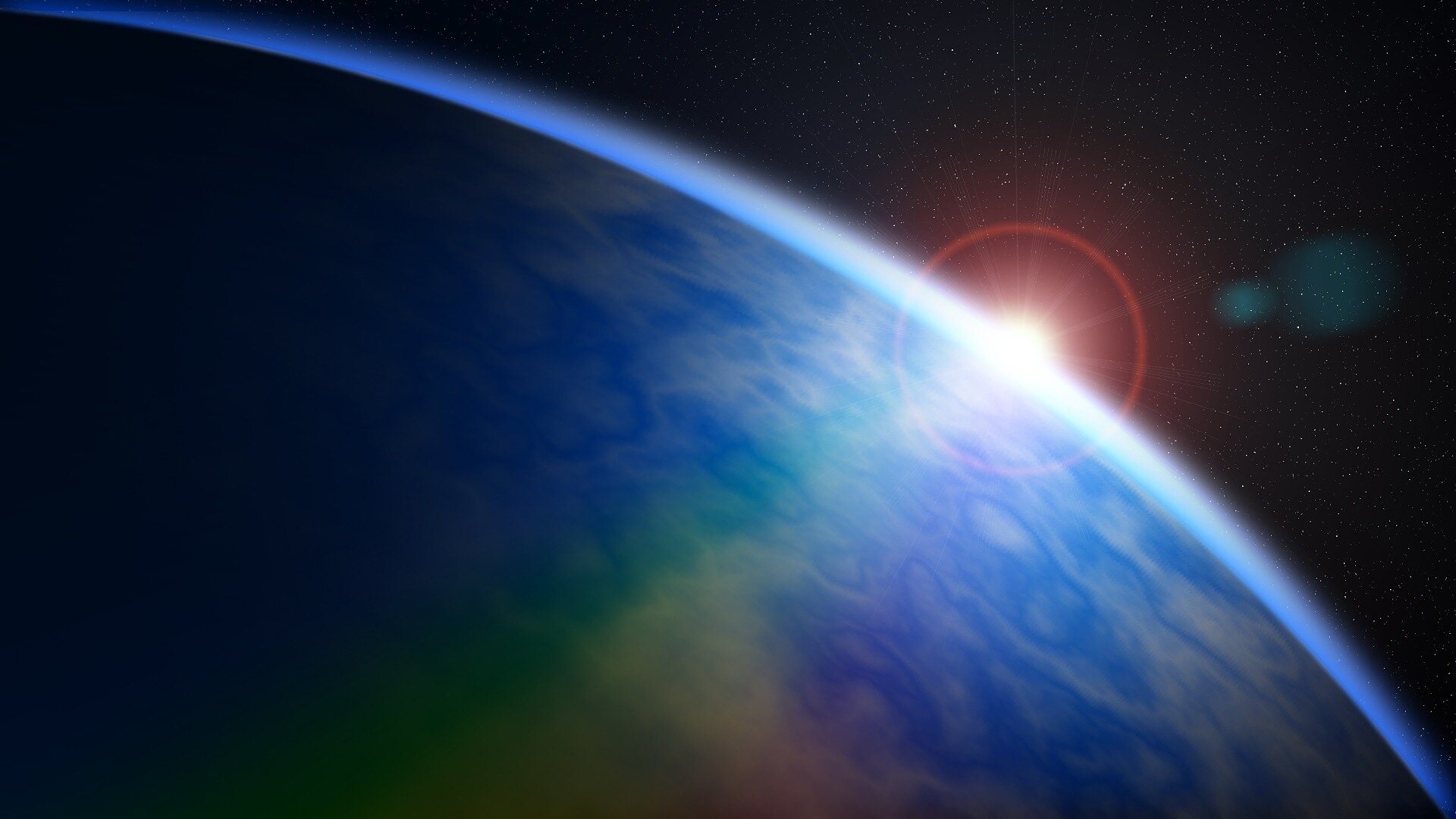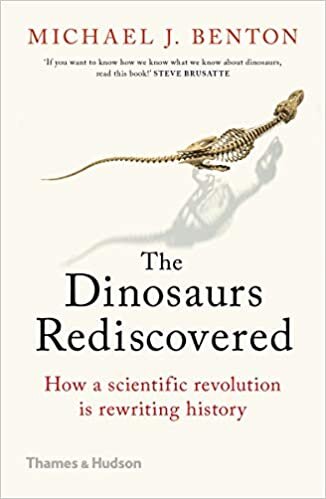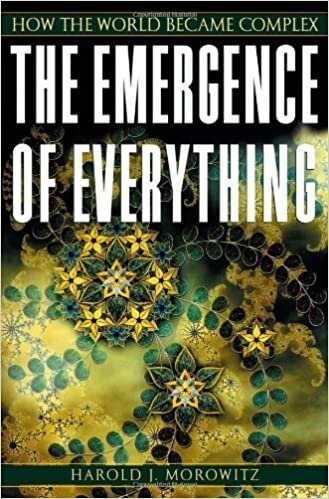Why Philosophers Should Also Be Paleontologists
Ever since I was a kid I have been interested in dinosaurs. I still remember fondly my first book on dinosaurs, which is probably still hiding in a box somewhere in storage, to this day:
(Ranger Rick’s Dinosaur Book by Victor H. Waldrop)
(Isn’t that Tyrannosaurus rex handsome with his toothy grin and raised eyebrow, reminiscent of Leonard Nimoy’s raised eyebrow in Star Trek: The Original Series or the eyebrow of Christopher Judge as Teal’c in Stargate SG-1?)
Since I was a kid, much progress has been made in paleontology with the discovery of innumerable new dinosaur species besides the old staples of Apatosaurus (formerly known as “Brontosaurus”), Stegosaurus, Tyrannosaurus rex, Pterodactyl, and other mainstays of childhood dinosaur fantasies. New intermediate forms have been discovered, and even a well-preserved whole-body fossil of a dinosaur was discovered a few years ago, giving us an incredibly detailed picture of what a living dinosaur really looked like:
I’ve written previously about my love for birds and some of the philosophical connections I’ve been making between my career and identity as a philosopher and my avocation as an amateur birdwatcher:
Because of my overlapping interest in birds and paleontology, I’ve naturally become fascinated by the recent discoveries (largely in China) of many, many new types of feathered dinosaurs and mesozoic birds, which are presumed to be the ancestors of modern birds. The following resources show just how much progress has been made in our understanding both of dinosaurs in general and the evolution of modern birds in particular, especially when compared to my first dinosaur book above:
So why should a philosopher like me be so interested in paleontology? After all, from the very beginning philosophy has traditionally looked toward the cosmic and the abstract instead of to the natural world. For example, Thales once fell into a well, perhaps apocryphally, while looking upward at the sky trying to understand the cosmos. Pythagoras thought that the fundamental nature of reality was immaterial, focusing on the abstract realms of music, mathematics, and what he called the “Harmony of the Spheres.” Plato, of course, looked to eternal forms (e.g., Justice, Goodness, Love, etc.) underlying the transitory and ephemeral natural world and of the ever-changing reality of Heraclitus that he so despised. And even today, abstract metaphysics is alive and well in philosophy with its quest for knowledge of abstract entities (e.g., numbers, properties, universals, possible worlds, etc.) and with the resurgence of mind-body dualism in philosophy of mind (thanks largely to David Chalmers).
Despite the seemingly pie-in-the-sky approach to philosophy typified by Thales, Pythagoras, and Plato, there is an equally rich tradition of science in philosophy, what used to be known as “Natural Philosophy.” Unlike his teacher Plato, Aristotle was much more of a scientist and naturalist, as interested in his discoveries about the natural world as in the nature of justice in itself. Indeed, Aristotle linked his moral and political philosophy together with his understanding of the natural world by explaining justice and morality in terms of our essential human nature as rational animals. And philosophy of science came into its own as a sub-discipline of philosophy in the 19th and 20th centuries with the rapid and immense progress of the natural sciences made during that time period.
I have also written and taught previously about the concept of emergence. As even a cursory look at the history of the cosmos and the evolutionary history of our own plater will show, the history of the cosmos is one of ongoing emergence—of increasing complexity from simpler forms, and possibly also of qualitatively distinct emergent properties and phenomena such as consciousness and self-awareness. The evolutionary history of life on earth, as documented (however incompletely) in the fossil record, shows that new, more complex life forms are constantly emerging and evolving from previous, less complex life forms.
This tendency toward the emergence of novelty and complexity indicates to me that in addition to fundamental laws of nature of the kind that physicists tend to study and discover, there must also be what I have elsewhere called “laws of emergence” dictating how and why which specific new forms of complexity emerge from which types of simpler forms in evolutionary biology, and also which types of genuinely emergent properties such as consciousness are instantiated by which types of lower-level physical systems, such as the way that consciousness seems to emerge from, or perhaps is instantiated by (depending on the terminology one prefers), various states and activities of the complex neural networks in the human brain, and presumably in the brains of other other life forms, including birds, as well.
You can read some of my previous reflections on emergence in philosophy and in the natural sciences, from biology to cosmology to computer science, with the following links:
Can Laws of Emergence Settle the Question of Whether Artificial Intelligence Is Possible?
Why Astrobiology and the Search for Extraterrestrial Life Are Important Philosophically
As much as philosophers, and metaphysicians in particular, would often like to think that the underlying nature of reality can be discovered a priori, by reason alone, it seems to me that we will be able to discover these laws of emergence only empirically by learning as much as we can about the natural world. However, we won’t have access to all the empirical data we need to discover laws of emergence by looking only at currently living life forms on our own planet. To discover the laws of emergence that dictate how exactly which forms of emergent complexity emerge and evolve from which types of simpler life forms, we need to look at life as it changes over time, in both the past and future evolution of life on our own planet but also elsewhere in the universe if we should also discover life on other worlds. This means that the quest to discover laws of emergence is as much a matter of paleontology as it is of philosophy or of biology proper, and also as much about astrobiology and astropaleontology if we should ever have access to information about the history and evolution of life elsewhere in the universe.
The Greek roots of the word “paleontology” are palaios (παλαιός) meaning “old” and ontos (ὄντος) meaning “being.” And while philosophers tend to use the term “ontology” in a more abstract, metaphysical sense, often in the attempt to establish the reality of nonphysical or abstract entities, I would argue that ontology has as much to do with the natural, material, and ultimately biological universe in which we find ourselves and in which our world teeming with life resides. On the one hand, anything that exists falls under the very broad banner of ontology in general. Paleontology, however, as the study of life forms from the past and how they have changed over time, has the power to reveal pattens in the evolution of new living forms and the governing principles behind the emergence of the living beings that occupy our world and universe in their present form.
From my perspective as a philosopher with an interest in the natural sciences, in biology and paleontology, and in other related natural sciences such as astronomy and cosmology, paleontology is not merely the study of living beings from the past as the name implies (emphasizing the paleo- prefix of the term). I see paleontology (emphasizing the ontological aspect of paleontology) as playing an important role in telling us not only about the life forms of the past but also the laws of emergence that govern how our living universe became complex in the first place, which to me is fundamentally an empirical question that is both scientific and philosophical in nature.
The purpose of paleontology is not merely to provide a type of Aristotelian classification of now-extinct life forms, but to illuminate how exactly those life forms came to exist in the first place, how exactly those specific life forms came to be part of our overall ontology, as a philosopher like me would put it. Obviously they evolved, but how and why and according to what natural laws of emergence did they evolve?
In this sense, not only should philosophical ontology be brought down to Earth with its Aristotelian nose to the ground to encompass the science of paleontology, but it should also ipso facto be broadened to include any future astrobiology and astropaleontology (my new favorite word) as well.
Moreover, paleontologists should begin to see themselves not merely as scientists but also as natural philosophers discovering something essential about the nature of the cosmos and about our natural, biological world with the discovery of every new fossil and every new species. Seen in this light, paleontology can play an important role in revealing the elusive laws of emergence that allows our universe to evolve from a lifeless sea of hydrogen and helium into the living, breathing universe of emerging complexity that we see around us today, fourteen billion years, plus or minus, in the making.
Recommended Books on Paleontology and Emergence:
Dinosaurs Rediscovered: The Scientific Revolution in Paleontology by Michael J. Benton
The Emergence of Everything: How the World Became Complex by Harold J. Morowitz

















